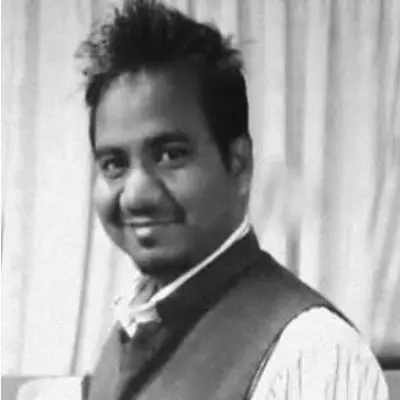Live
- Students pay the price for govt apathy
- Naini for new vistas to captivate people
- Can Food Cravings Impact Your Mental Health?
- Skincare and Air Pollution: 5 Simple Tips to Protect Your Skin from Toxic Air
- Calin Georgescu leads tight Romanian presidential race, runoff pricture unclear
- Edu institutions warned over denial of hall-tickets
- Sobhita, Naga Chaitanya to have ‘over eight hour long wedding rituals’
- Naqvi calls for unity amid communal tension in Sambhal; slams Oppn
- India must move ahead on path of unity, Constitution: Rahul Gandhi on Sambhal violence
- Rashmika Mandanna Drops Major Hint About Her Wedding Plans with Vijay Deverakonda












